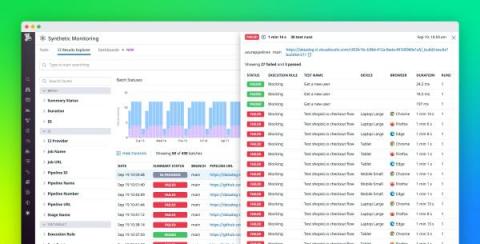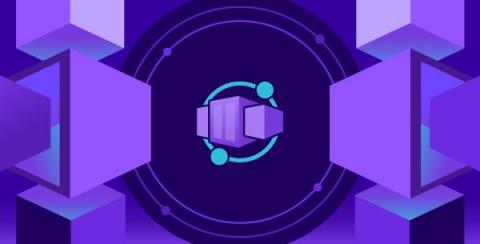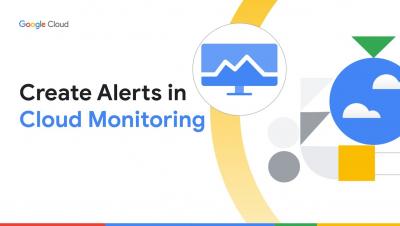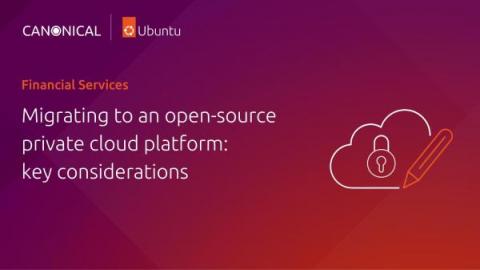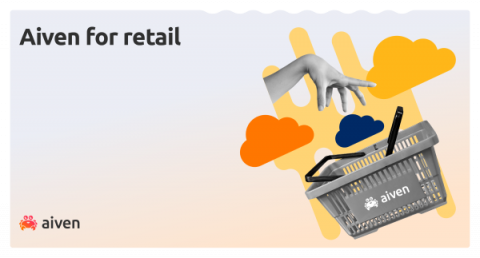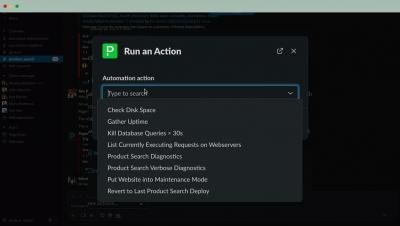Run Datadog Synthetic tests in Azure Pipelines
Continuous integration (CI) demands continous testing: shifting left helps prevent faulty code from spreading, which is one of the core aims of CI. Datadog’s new Azure DevOps extension enables you to seamlessly incorporate integration and end-to-end tests into existing CI/CD workflows on Azure Pipelines, a dedicated CI/CD service that automatically runs builds, performs tests, and deploys your services and applications via cloud-hosted pipelines.


